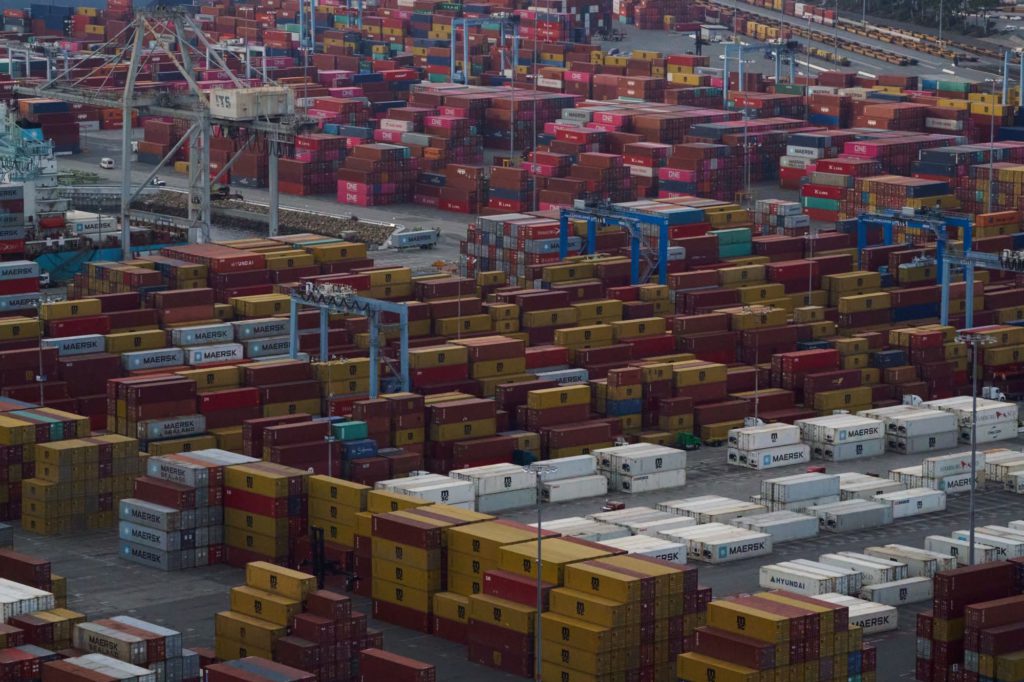(Bloomberg) — The head of the largest U.S. business-lobbying group issued a scathing criticism of President Joe Biden’s trade policy, saying that the administration is “consumed by caution and internal reviews.”
The administration “has yet to pick up even the lowest-hanging fruit,” such as talks for free-trade deals with the U.K. and Kenya started under President Donald Trump but stalled under Biden, US Chamber of Commerce President Suzanne Clark said on Tuesday. The US also should provide relief from tariffs on imports inherited from Trump that are serving as a tax on Americans, Clark said.
The Biden administration’s plan to boost economic ties with Asia — known as the Indo-Pacific Economic Framework, or IPEF — remains “a far cry” as a replacement for the Trans-Pacific Partnership abandoned by Trump, Clark said. The current White House has made clear that it has no plans to join a successor deal.
US officials are set to discuss the IPEF when Biden visits the region this month; they’ve also said this won’t include negotiating tariff reductions.
“America in many ways is standing still on new trade agreements,” Clark said at a virtual conference hosted by the chamber. “And if you’re standing still on trade, you’re falling behind.”
“The American business community is surging forward, even if our government isn’t,” she added.
Clark’s appearance was followed by Commerce Secretary Gina Raimondo, who is co-leading the administration’s work on the Indo-Pacific framework. Raimondo promoted the initiative, saying that it will help identify opportunities to collaborate on shared priorities like infrastructure investments, semiconductors, research and development and standards for artificial intelligence and privacy.
Read more: Biden Trade Plans Criticized by Senators as Lacking Ambition
The Biden administration also has drawn criticism from US senators from both parties, who at a recent hearing with US Trade Representative Katherine Tai faulted a shortage of ambition for negotiating new deals and countering China in Asia.
Tai has repeatedly stressed that the administration is pursuing a “worker-centered” policy and called free-trade pacts a “very 20th-century tool” that have their place, but need to be updated to reflect current realities.
More stories like this are available on bloomberg.com
©2022 Bloomberg L.P.











